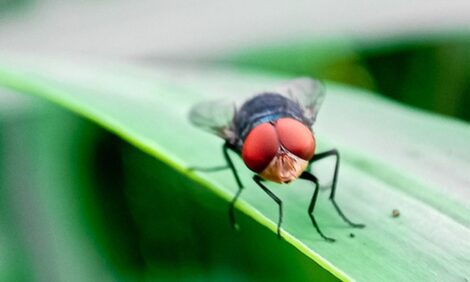



Canada invests nearly $1 million in dairy cow health
The funds will be used to develop a digital disease-detecting toolWith an investment of nearly $1 million from the government of Canada, the Association des médecins vétérinaires praticiens du Québec will be able to develop a digital tool to anticipate and reduce the risks associated with metabolic diseases in dairy cows, according to a government-issued press release.
The Honourable Marie-Claude Bibeau, Minister of Agriculture and Agri-Food, made the announcement today about this contribution from the Canadian Agricultural Strategic Priorities Program.
Metabolic diseases are a major health concern for dairy cows, especially during the post-calving period. This investment will enable the association to develop algorithms that will help predict risks during lactation based on blood metabolites obtained before calving. The tool and the results will be made available online for dairy producers and veterinarians. By being better equipped to understand and anticipate risks, they will be able to quickly target corrective actions that improve animal health and welfare.
The tool will help producers to work more efficiently and reduce economic losses due to disease for both producers and processors. Further, it will help improve intervention capacity for veterinarians and strengthen working relationships between producers and processors.
Innovation in Canadian agriculture has led to technological improvements that help the dairy industry grow and remain competitive. The Government of Canada continues to make strategic investments in innovative solutions to encourage stakeholders to share knowledge, mitigate risks and further strengthen the agriculture sector as a key driver of economic growth.
"Canadian dairy farmers are counting on innovation to help them protect the health and welfare of their animals, grow their businesses and stabilize the food supply," said Marie-Claude Bibeau, Canada's minister of agriculture. "I salute this initiative of the Association des médecins vétérinaires praticiens du Québec which will allow them to better predict diseases and thus reduce the risks for producers and processors."



